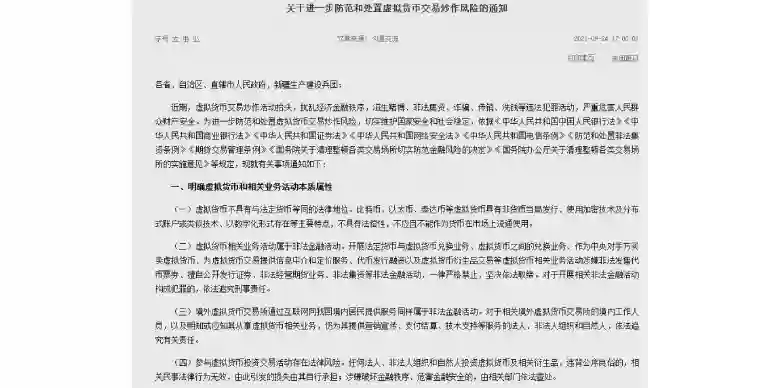A court in China has ruled that Tether is not considered legal tender in a crypto lending dispute involving two individuals, Han and Ji.
China’s Crypto Lending Case involving Tether
The People’s Court of Tongzhou District, Nantong City, Jiangsu Province, presided over the case, which centered around a private lending dispute between two friends involving cryptocurrency. Ultimately, the court rejected the plaintiff’s request for repayment.
According to a legislative website, Ji convinced Han that investing in the virtual currency Tether would be highly profitable. Ji then used Han’s mobile phone to purchase 2,000 Tether on a platform, claiming he would manage the investment on Han’s behalf. However, Ji later transferred the 2,000 Tether to his own account. When the time came for repayment, Ji failed to fulfill his promise, and Han was unable to recover the principal investment. In response, Han called the police.
Following this, Han and Ji reached an agreement to transform their virtual currency transaction into a formal loan relationship. Ji issued a promissory note for 15,000 yuan, promising to repay Han. However, Ji still failed to repay the loan, prompting Han to take legal action.
After reviewing the case, the court referenced the “Notice on Further Preventing and Dealing with the Risks of Virtual Currency Trading Speculation,” issued by ten government departments, including the People’s Bank of China, the Central Cyberspace Affairs Commission, and the Supreme People’s Court.


The notice stated that virtual currencies are not issued by monetary authorities, are not legal tender, and cannot be circulated or used as currency in the market. It further clarified that any investment in virtual currencies that violates public order and good morals would render the relevant civil legal acts invalid, with the investor bearing any resulting losses.
In this case, Han argued that the loan he made to Ji was based on the delivery of Tether through an investment platform. However, the court ruled that “Tether is not legal tender, does not have legal compensation, and cannot be circulated or used as currency in the market.” As such, the court found that Tether could not be considered as fulfilling the loan obligation in the agreement. Therefore, the court did not recognize the loan agreement between Han and Ji, ruling that Han’s claim for repayment lacked both factual and legal basis.
Also Read: China: Criminals Committing Frauds Using Blockchain, Crypto, AI
Source: https://www.cryptonewsz.com/china-crypto-lending-case-tether-legal-tender/